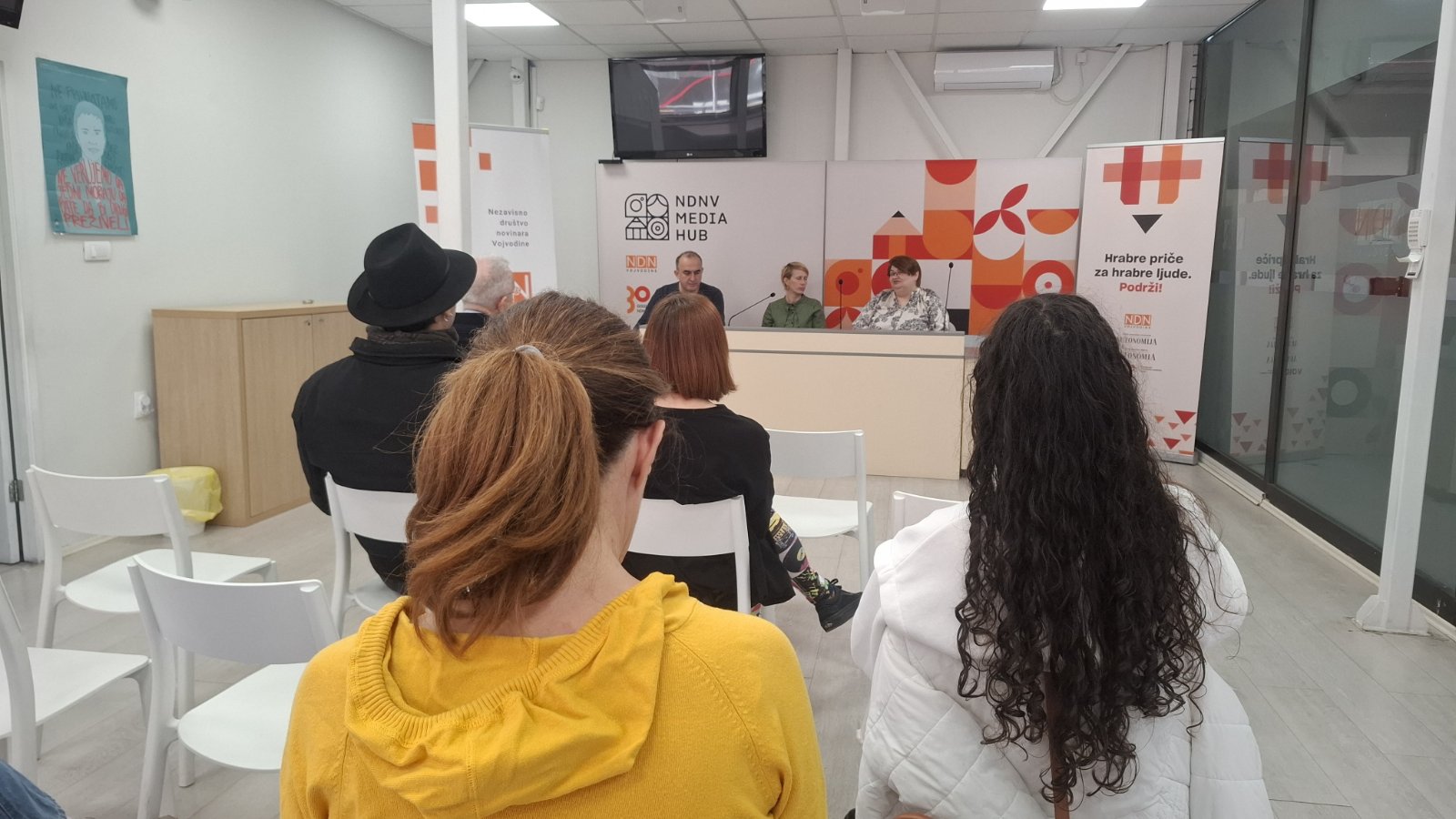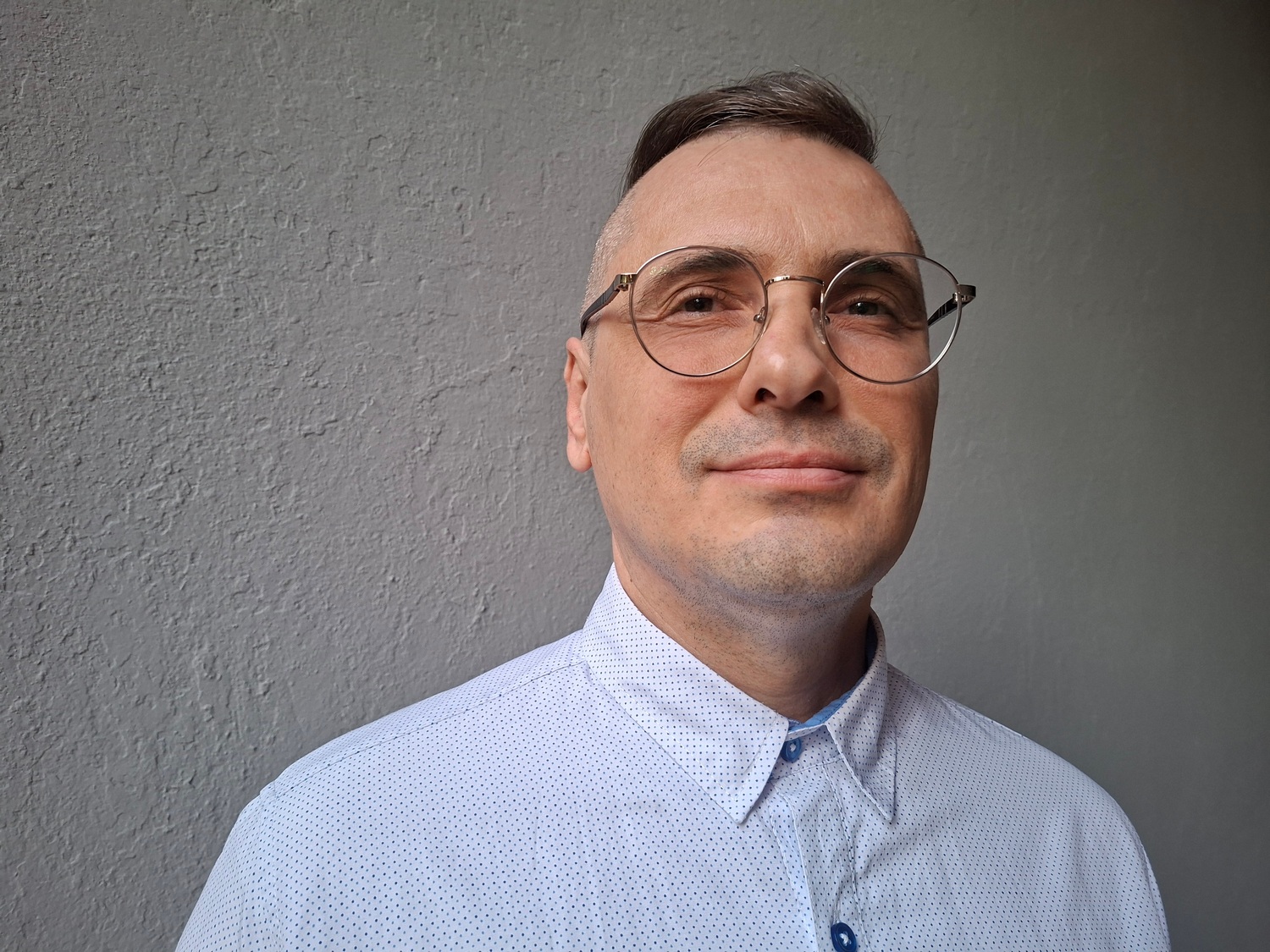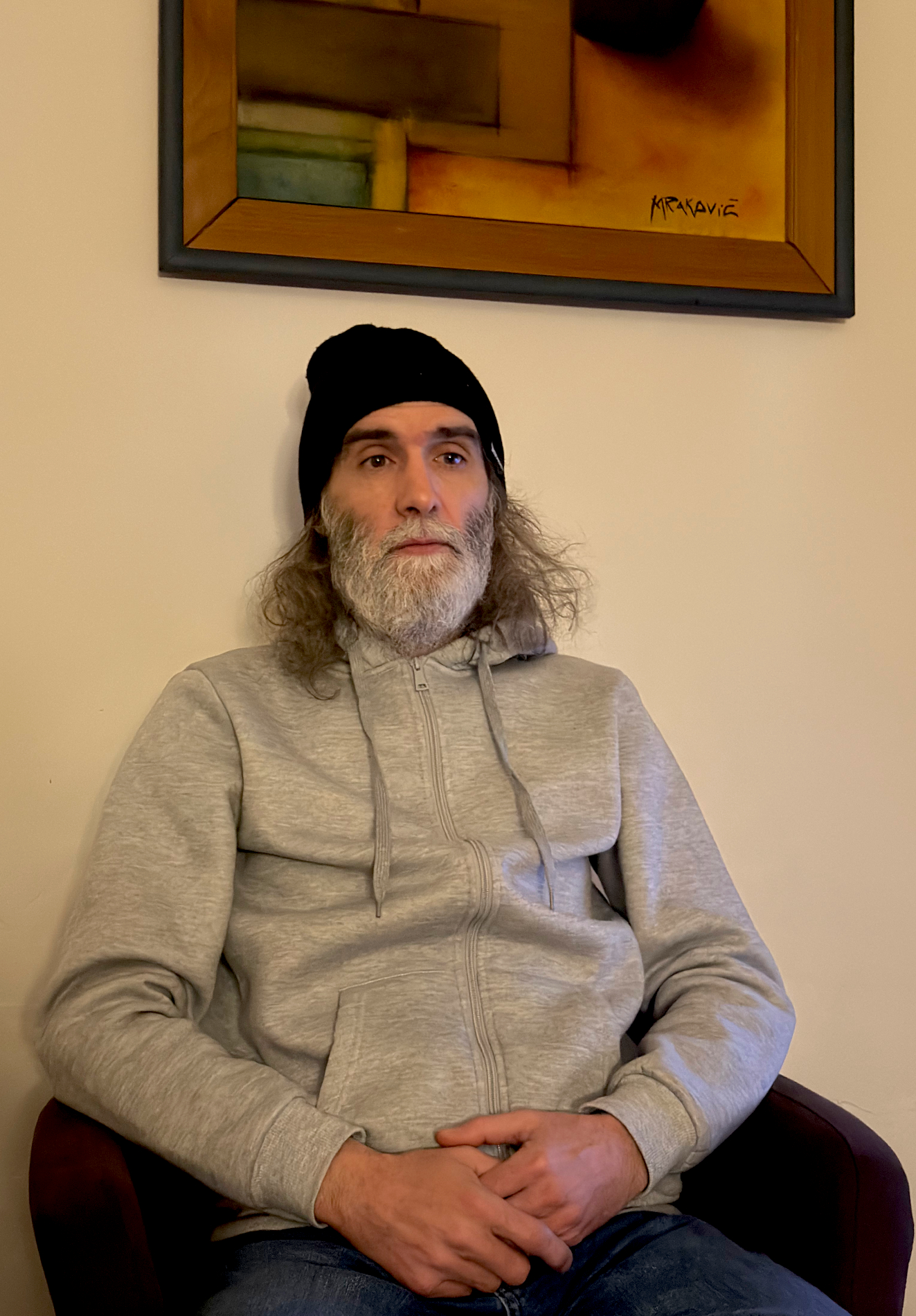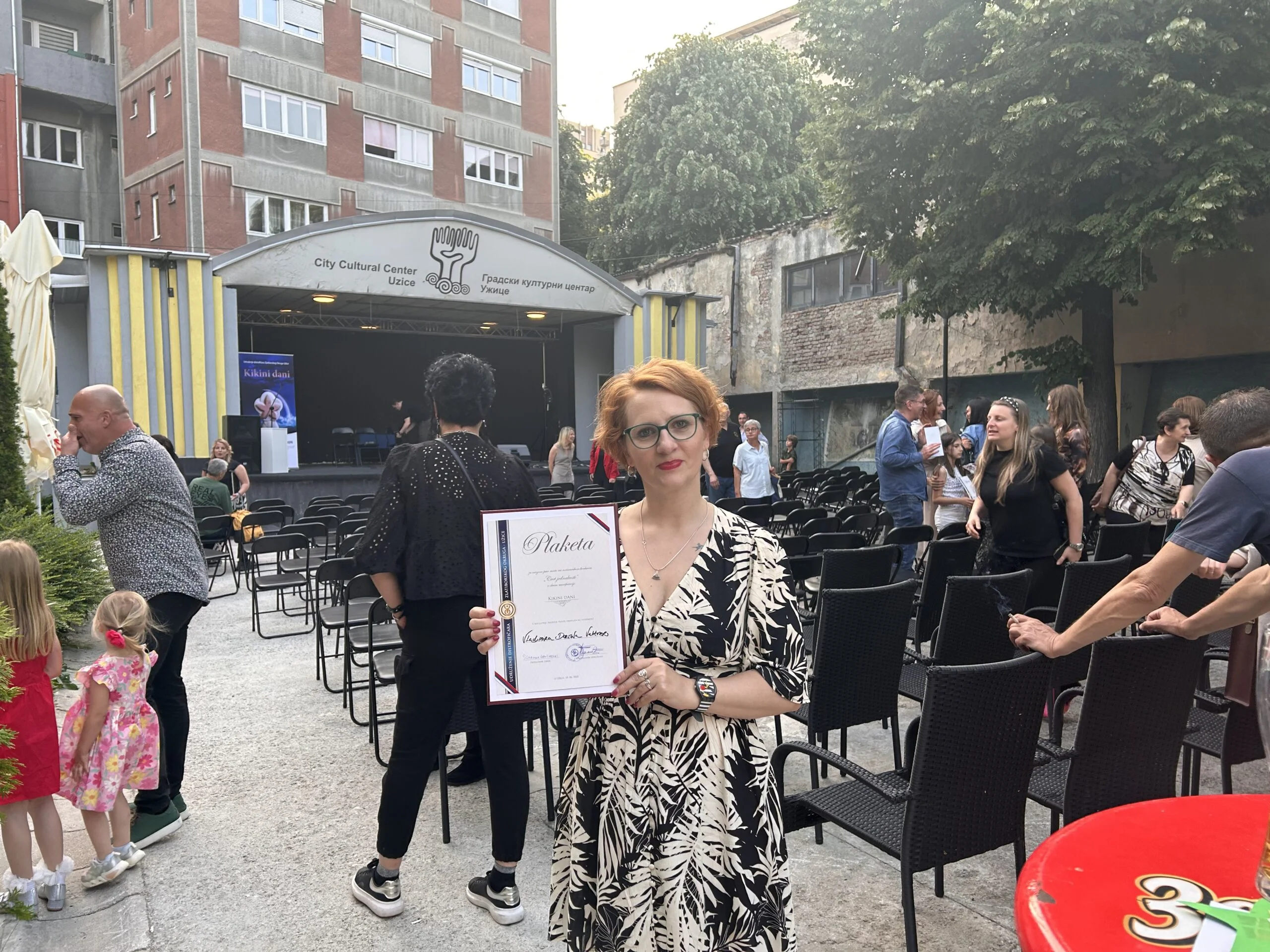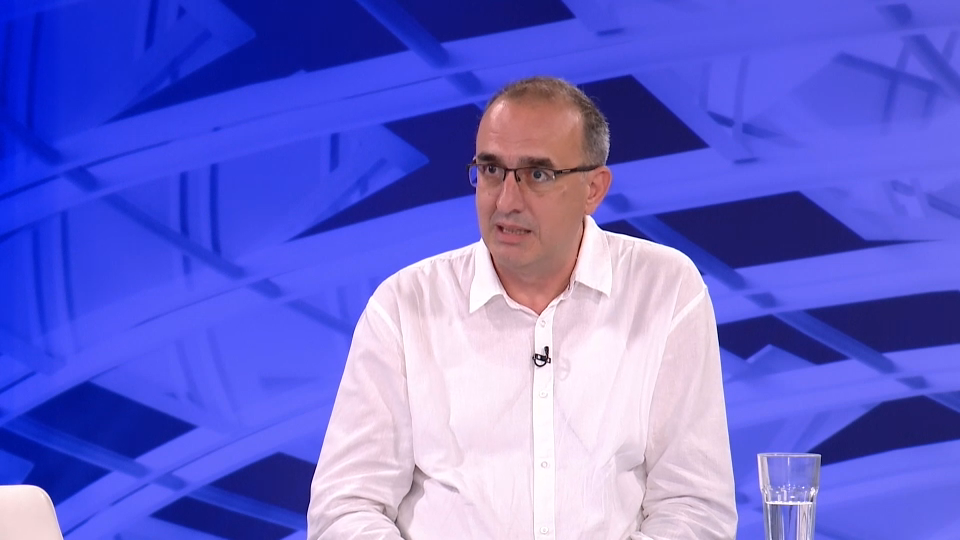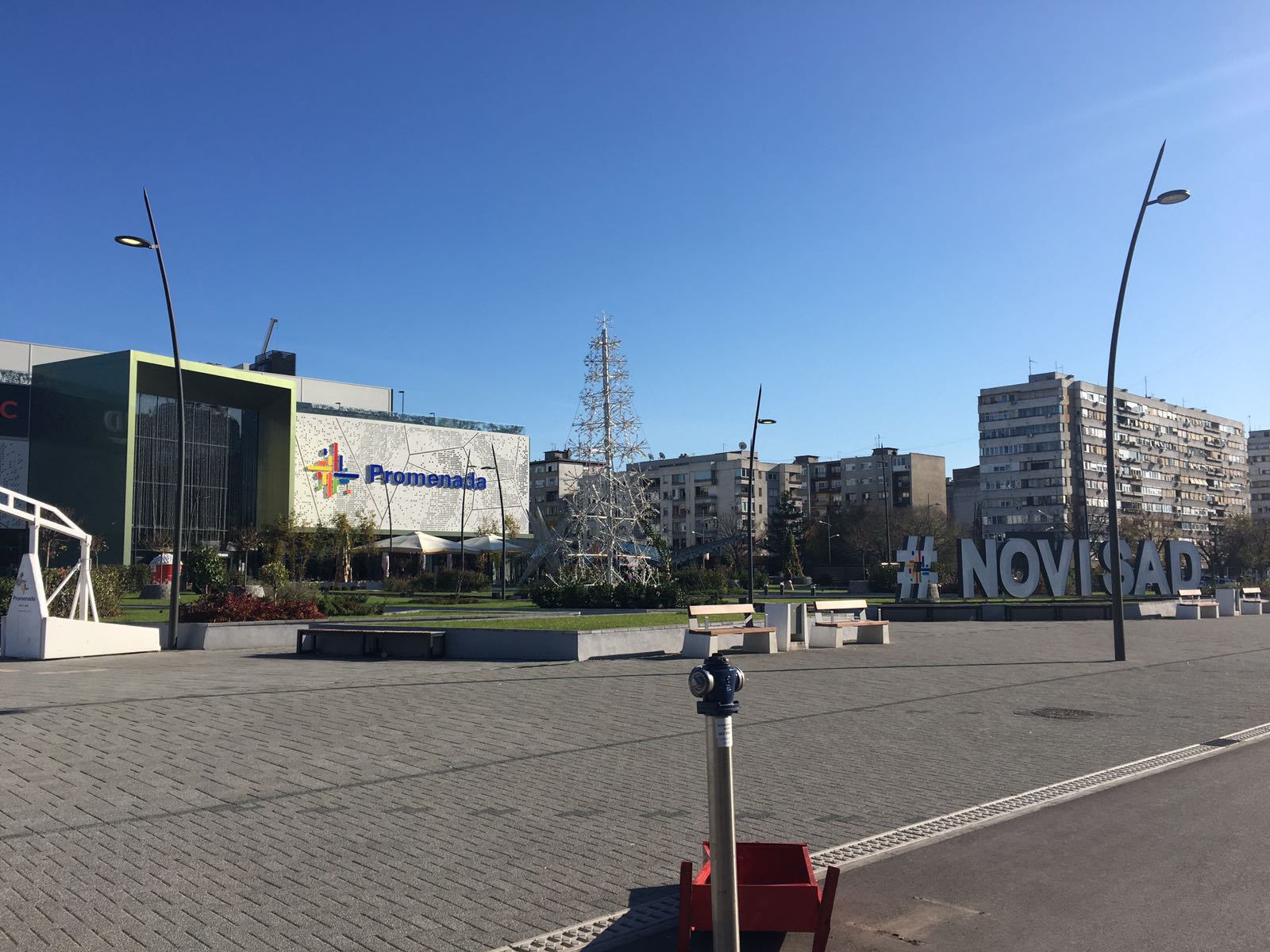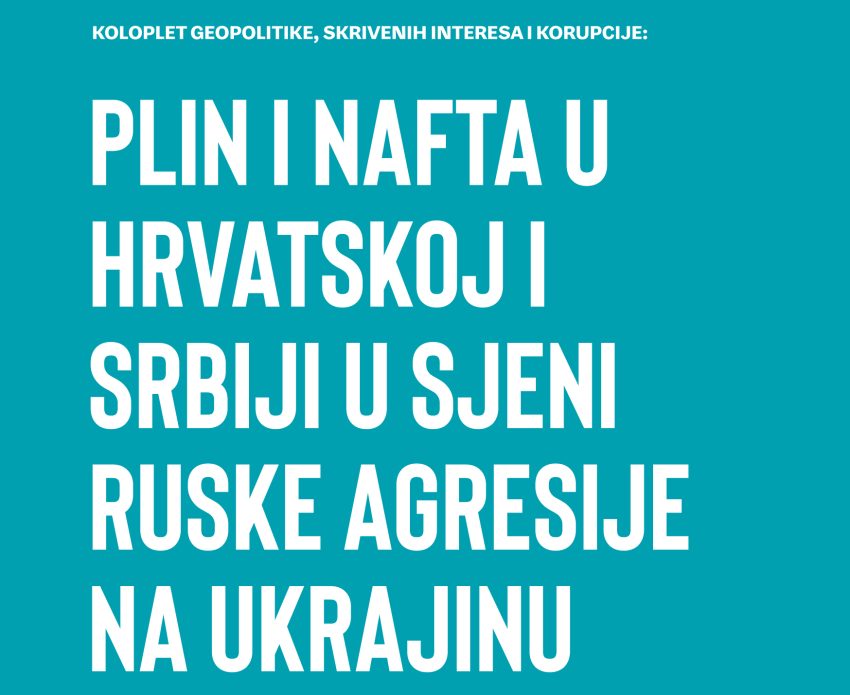"More must be done to build our global resilience to transnational organized crime"
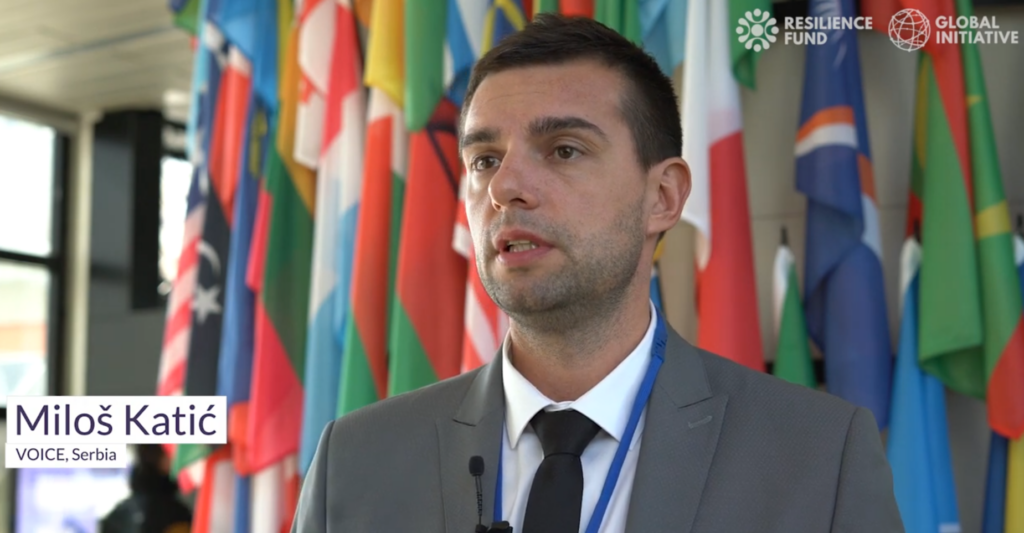
An unprecedented number of civil society organizations (CSOs) took part in the 11th Conference of Parties (CoP) to the UN Convention against Transnational Organized Crime (UNTOC), held in Vienna from 17 to 21 October 2022.
Although the issue of civil society participation was high on the agenda, the involvement of some NGOs was disputed. However, we, the Global Initiative Against Transnational Organized Crime (GI-TOC) Resilience Fund grantees and Fellows who participated in the conference, were pleased to see this CoP vote in favour of NGO participation.
In the countries and communities in which Resilience Fund has stakeholders, we have seen that civil society participation is critical for the implementation of effective strategies to prevent and counter transnational organized crime. Throughout the conference, diverse civil society organizations and individuals presented best practices on UNTOC-related engagement with governments, including at the community level. The GI-TOC believes that the extraordinary level of CSO participation at the conference was a significant moment in the evolution of multilateral engagement on organized crime issues.
We urge governments and multilateral institutions to build on this support of civil society and ensure that all relevant bodies involve their perspectives in multilateral decisions on transnational organized crime.
We encourage states and the United Nations Office on Drugs and Crime to:
As the threats of organized crime continue to grow, the need for civil society engagement in local and transnational cooperation is critical. Although the CoP provided a positive platform for civil society, more must be done to build our global resilience to transnational organized crime. We look forward to working with our civil society partners, the UN and member states to ensure full and meaningful participation in the future.
Statement issued by the Resilience Fund’s civil society partners who participated in the 11th Conference of Parties to the UN Convention against Transnational Organized Crime. The Resilience Fund is managed by the Global Initiative Against Transnational Organized Crime.
Milan Stefanovic, Centre for civil society development PROTECTA, Serbia
A representative from civil society in the Republic of the Congo
Kennedy Mutale, Decisive Minds, Zambia
Elton Laska, Sebastia Organisation, Albania
Vandalark R. Patricks, Public policy strategist, human rights defender and orator, Liberia
Sharon Nyokabi Wamugunda, Youth empowerment and artivism, Kenya
Miloš Katić, Vojvodina Investigative and Analytical Center, Serbia
Esther Njeri Kimani, Art for Rights, Kenya
Ponelo Kalonga, Save the Village Youth Foundation, Malawi
Sugiman, Institute for Social Transformation Studies, Indonesia
Diana Siller, JADE Environmental Justice and Human Rights Organization, Mexico
Tariq Khosa, Centre for Governance Research, Pakistan
Ismael Ocen, Resilience Fund Fellow 2022, Uganda
Martha Atieno Okumu, Peace Tree Network, Kenya
Estelle Marie Chancelle Ewoule Lobe, Action pour la Protection en Afriques des Déplacés Internes et des Migrants Environnementaux, Cameroon
Hamidou Manou Nabara, GAF-JMED et du Réseau REMIDDH, Niger
Gerson Nozea, Rapha House International, Haiti
Wycliffe O. Aganda, The Wibena Business Institute/Wibena Impact, Kenya
Stephen Ochieng Okwany, Talanta Africa, Kenya





















